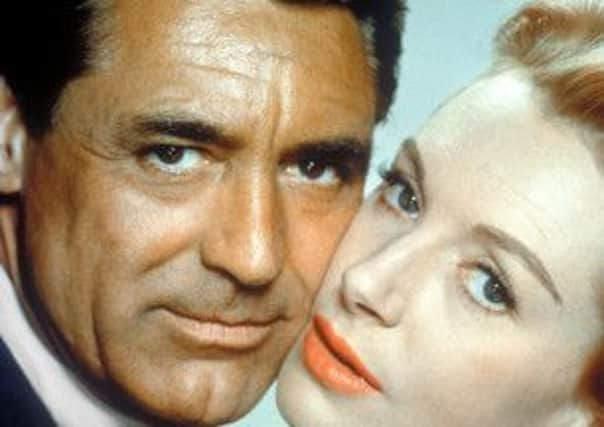Claire Black: Charm lacking in independence debate


It isn’t true, incidentally. I know plenty of charming Glaswegians. But I understand where the confusion arises.
Charm is not smarm. When people bang on about David Cameron being a charming politician – granted, not a sentiment you’ll often have heard in Scotland, and even down south it’s much rarer since the selling of vast chunks of the NHS began – they are confusing charm with a gimlet-eyed willingness to tell people whatever they want to hear in order to get what you want. Insincerity is not charming.
Advertisement
Hide AdAdvertisement
Hide AdSincerity is only part of what it’s about though. Much, not all, of the indyref debate has been seriously lacking on the charm front. Not because of the rough and tumble – charm doesn’t preclude disagreement. But it does require that debate be well mannered, respectful, perhaps even enlightening. The charming opponent is confident enough not to need to lose the heid or resort to bluster.
Tony Benn was, by all accounts, charming. Cary Grant was the personification of charm. George Clooney is too (Bayley says his Nespresso ad should be compulsory viewing at charm school). Sure, there’s something about being handsome and suave, but it’s about more than that, namely self-deprecation, which explains why charm eludes so many politicians.
But it’s also to be witty, self-assured and confident. Which is why we’re often told that charm is more men’s domain than women’s. But it doesn’t have to be that way. Mary Portas, Meryl Streep, Mary Beard – I can think of plenty of women I’d describe as charming.
To be charming is to be focused, at least ostensibly, on the other. The charming person makes you feel good about yourself by listening attentively, laughing at your jokes and genuinely seeming to enjoy your company. They remember if they’ve met you before, their manners are impeccable, and when things go wrong, they are unflappable.
Of course, it is possible that when someone is charming, such behaviour is merely a ruse for that person getting what they want, but even if this is the case, am I alone in thinking I’d rather be charmed as someone finagles me than treated rudely or badly?
I wonder if we’re becoming too selfish to be charming? Perhaps that’s why charm has lost its sheen. Charm is now often synonymous with oleaginous manipulation and falsity. Albert Camus said it was the ability to make someone say yes without asking a question. But I can think of few things worse than being described as charmless. Evil, perhaps. Or dull. But lacking charm is pretty grim. And if the question is do we need more charm in the world or less? I know my answer: more, every single time.
Cinema’s unsung voice
HE DESCRIBED it as “throaty, chesty: a voice in need of clearing”, but Hal Douglas’s dulcet tones were clear enough to provide the soundtrack to the opening seconds of hundreds of movie trailers. Douglas, who died last week at 89, was the king of the voiceover. You won’t have any idea what he looks like, but you’d recognise his voice in an instant. Douglas started doing voiceovers as a struggling actor in New York in the late 1940s. His acting career never came to much, but once his growly, phlegmatic sound was established he could earn as much £1,200 a trailer. “The fact is, my voice has been out there,” Douglas told the New York Times in 2009. “And it hangs out there. You sit down in the theatre and sometimes in three out of four trailers I’d be on them.” Amazing.
Celebrating Karl seems backwards
KARL Lagerfeld has opened his first eponymous boutique in London, his biggest store in Europe, replete with walls that light up and shelves stuffed to the gunnels with souvenir dolls that look just like him. Well if that’s not worth an egg and cress sarnie and a packet of Quavers on the East Coast mainline, I don’t know what is. I mean who among us wouldn’t want an iPhone case or a pair of trainers in fabric covered with images of the ponytailed pomposity himself? Lagerfeld sums up the weirdness of fashion. It’s a business based supposedly on originality yet he heads two houses, Chanel and Fendi, and his own label – can he really be original three times over? It valorises youth in the most brutal way, yet he’s 80 with no plans to retire. The obscene amounts of money demanded for what he hawks are in large part spent by women, yet Lagerfeld has, over the years, come out with more reprehensible sexism than Jeremy Clarkson could dream of, admonishing Adele for having a nice face but being “a bit fat”, insisting that “no-one wants to see curvy women” and clinging grimly to the fantasy that “anorexia is nothing to do with fashion”. I refuse to become enraged by an octogenarian in an oversized collar and leather gloves, but it perplexes me that someone so anachronistic is celebrated by an industry that claims to be about looking to the future. And I will certainly enjoy never going anywhere near his shop.